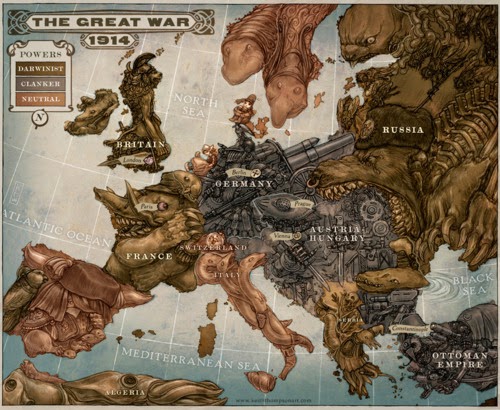The British Commonwealth of Nations celebrates Boxing Day on December 26, the day after Christmas. There is no known origin for the holiday, but theories abound from the Roman-early Christian period to the Medieval to the Renaissance. It coincides with the feast of St. Stephen and also has religious undertones as the second day of Christmas. During the World Wars, Canada, Australia, and several other British colonies, protectorates, and sister nations sent supplies to England for the war effort.
Begun as a day to give gifts to strangers, Boxing Day continues to be a day of giving to people with less, but recent decades have challenged this past. Canadian Boxing Day has become an enormous retail day similar to Black Friday, the day after Thanksgiving, in the United States.
There is another way to share surplus goods with strangers: actions, words, care.
What is a box? Whatever you need a box to be. The box can be a mindset, a paradigm, a method, a worldview, a theory, a mood, a method or approach. It can be freedom, hope, exploration, discovery, happiness, desire, creativity, love, a dream, a goal. The box is anything, good or bad, that can be passed on to others. It can be lost, desperate, inevitable or definite, confident, enduring. Sometimes a box is only a weak, flimsy cardboard container that cannot withstand use, weather, or time. Sometimes a box is a secret place of gilded mahogany that secures the most valuable items in the world.
Mankind is curious, creative, and ingenious. We create, alter, expand, and build like no other creature. Perspective is key. A box is more than something to transport, store, or hold items. A box can be permanent or temporary, plain or adorned.
Think of a box from the view of a cat. Hide in it, hop on it, learn its crevices, and use it for a variety of purposes. Move forward with gifts; don't store your burdens up like curses. Be strategic, flexible, adaptable, caring, and selfless.
It all depends on you see the box.
__
Agatha Tyche
An analysis of my small corner of the world. Bibliography sources available upon request.
29.6.14
28.6.14
"It is nothing."
The causes of the Great War are both many and none. While the revenge the Austrian-Hungary Empire sought on Serbia for the assassination of its heir is noted as the catalyst of the incomprehensible violence of the World War I, the war was long in coming. The rivalries of the great European powers in the nineteenth century created festering wounds that eventually ripped Europe apart. Tensions between France and Prussia, Britain and Prussia, and Austria-Hungary and Russia all combined for tense diplomatic relations that definitively began the destruction of global European hegemony.
On Saturday, June 28, 1914 at 4:00pm during a visit to Serbia, Archduke Francis Ferdinand, heir presumptive to the throne of Austria-Hungary, and member of the House of Habsburg, was assassinated by Gavrilo Princep, a Serbian nationalist and member of the anarchist group the Black Hand. The death of one man became the death of millions in a four year war that broke the world.
__
Despite several failed attempts on his life earlier that day, the archduke visited a hospital to see wounded from a bombing attempt on his life. When it seemed that the stress of the day was nearly over, the motorcade of Francis Ferdinand and his wife crossed paths with another assassination attempt, this one successful. Sophie, Duchess of Hohenberg, wife of Francis Ferdinand, died on the journey to the governor's house for medical treatment. The last words of the archduke were, " Sophie, Sophie! Don't die! Live for our children!" then with a pause, "It is nothing." which was echoed several times.
"It is nothing," perfectly sets up the cause for Europe's subsequent destruction. Slaughtering itself for nationalist pride above any logical reason, the Archduke Francis Ferdinand seemingly predicted the pointlessness of the next four years.
Exactly a century after this pivotal moment, the pre-World War world seems naive, ostentatious, and proud. That reflection is through the eyes of cynicism, despair, and death that for decades characterized the thoughts of the West.The two most deadly wars in history began over nothing but ended in a ritualistic suicide of the old world order.
Today, let us not celebrate death but somberly remember the pain, suffering, and pointless causes that wreak total war, total destruction, and total waste on the world. Let us do better.
Agatha Tyche.
Subscribe to:
Posts (Atom)

